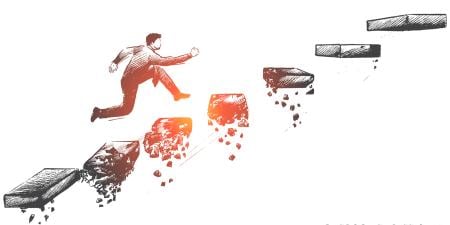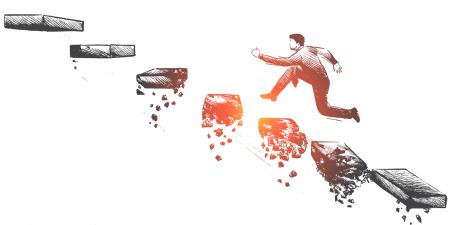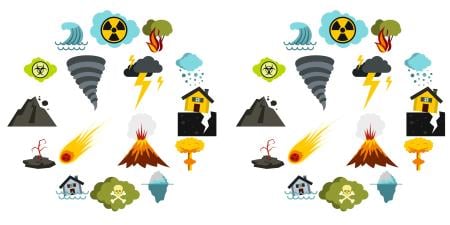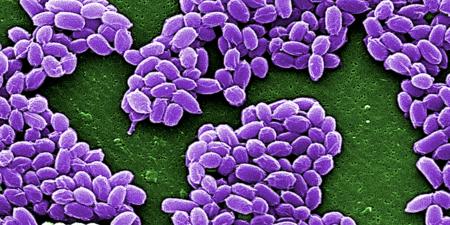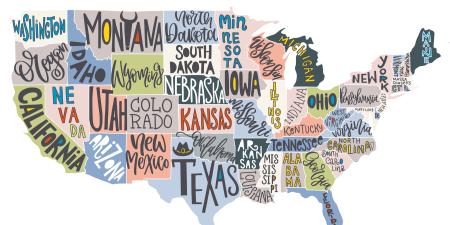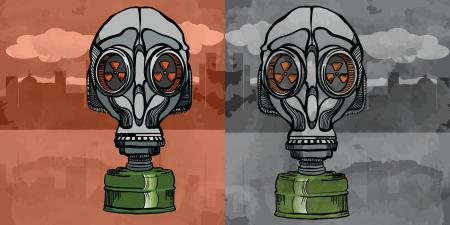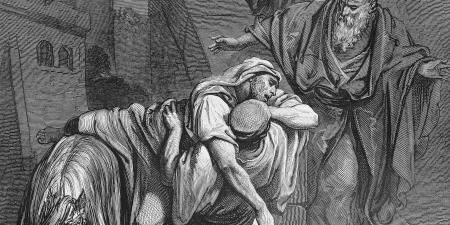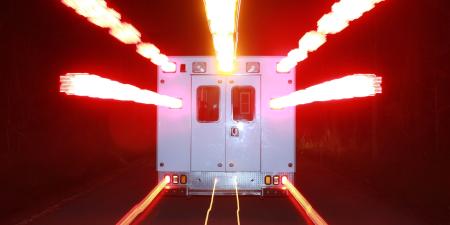Medicine's Response to Terrorism
Past experience in the United States conveys the importance of considering the ethical implications of terrorism for medical practice. Although the majority of the medical community agrees with the long-held ethical standard of a doctor's duty to treat, doctors' responses to the HIV epidemic in the US in the 1980s and to a patient with monkeypox in Illinois last year demonstrate that some are not willing to carry out this duty. Likewise, despite widespread official agreement in 2001 that doctors should not prescribe prophylactic antibiotics to patients with no exposure to anthrax spores, tens of thousands of these prescriptions were written. Why do we say one thing and do another? Are our professional doctrines unrealistic? Does our fear override carefully considered statements about the right thing to do? Or do we simply hold others to a higher standard than that to which we are willing to hold ourselves? This month's contributors examine the ethical issues surrounding the medical and public health response to terrorism, including preparing for terrorist events, funding preparedness initiatives, conducting research into defensive antidotes, and incorporating preparedness training into medical education.

